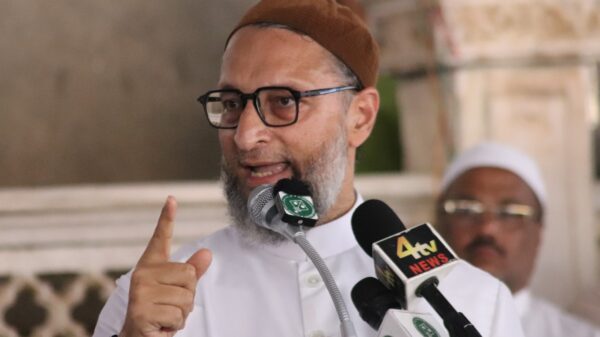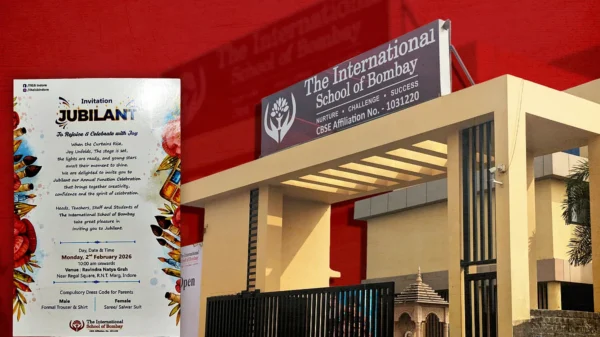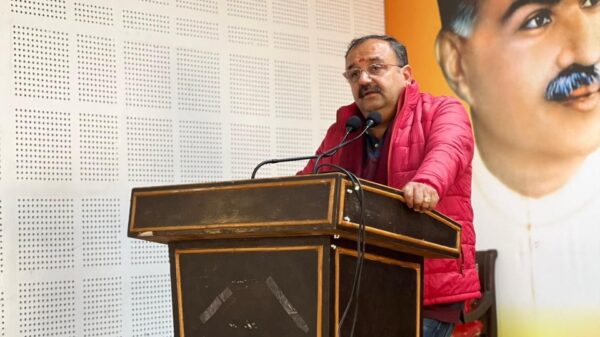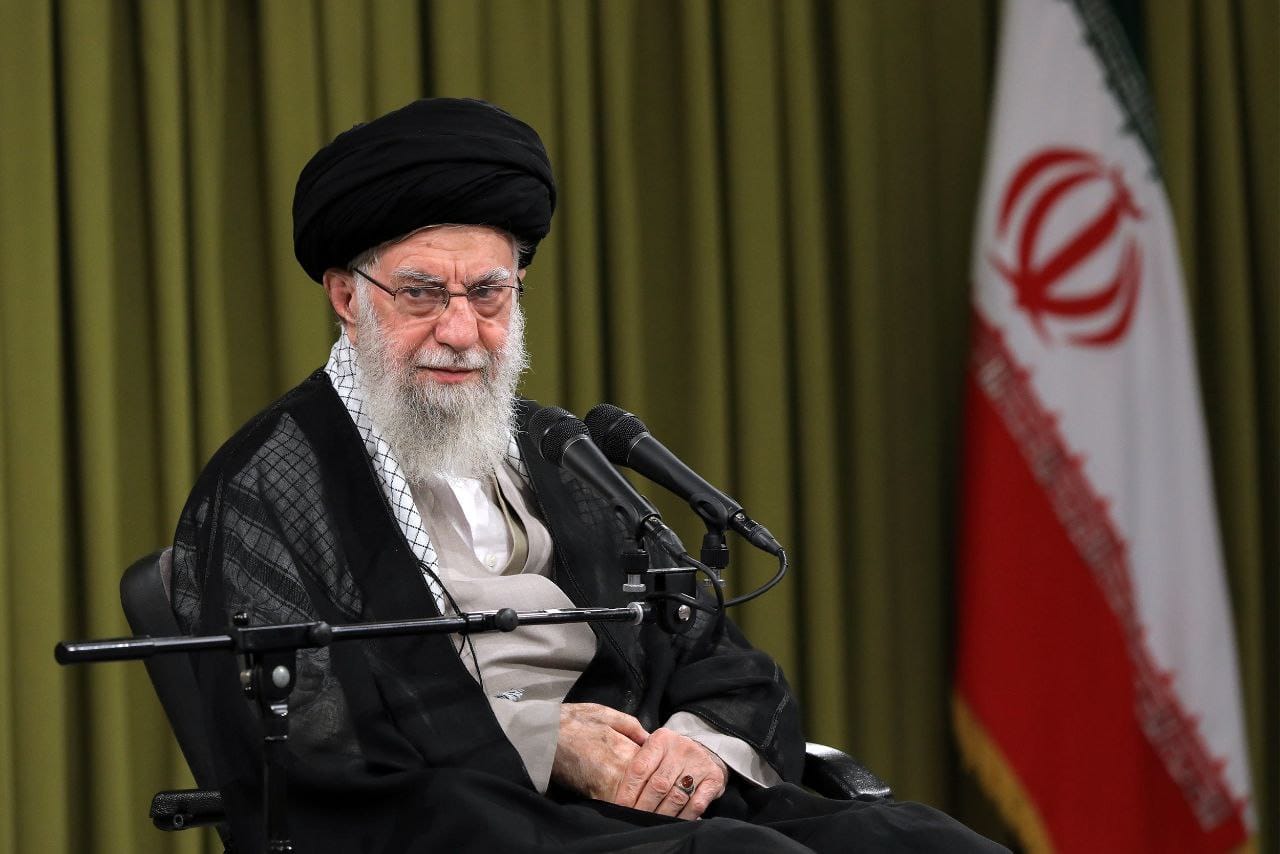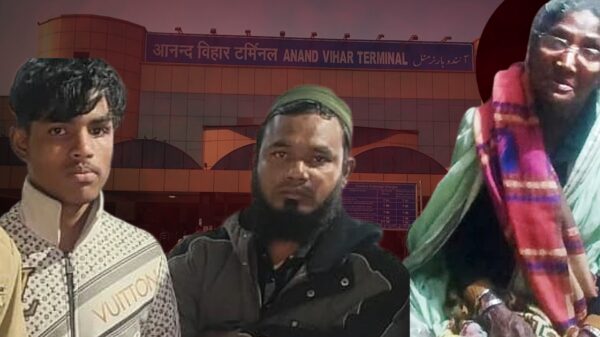Iran’s Supreme Leader, Ayatollah Sayyid Ali Hosseini Khamenei, recently named India alongside Gaza and Myanmar as places where Muslims are suffering, sparking a strong reaction from the Indian government.
In a post on X (formerly Twitter), Khamenei said, “We cannot consider ourselves to be Muslims if we are oblivious to the suffering that a Muslim is enduring in #Myanmar, #Gaza, #India, or any other place.”
In response, India’s Ministry of External Affairs (MEA) swiftly condemned the remarks as “misinformed” and “unacceptable.”
The statement urged countries like Iran to reflect on their own record regarding minority rights before commenting on the situation in other nations. This diplomatic exchange has reignited tensions over India’s treatment of its Muslim population, an issue that has drawn international criticism in the past.
This is not the first time Khamenei has made statements about the situation of Muslims in India. After the 2020 Delhi riots, he described the violence as a “massacre of Muslims,” urging India to confront “extremist Hindus and their parties” to avoid isolation from the Muslim world.
In August 2019, following the revocation of Article 370 in Jammu and Kashmir, Khamenei expressed concern for the region’s Muslim population, calling on India to adopt a just policy in Kashmir.
Khamenei’s remarks also come around the second anniversary of Mahsa Amini’s death, an event that sparked significant unrest in Iran. Although Khamenei has raised concerns about Indian Muslims before, the timing of this statement is unclear.
However, it follows a pattern of criticism from Tehran regarding India’s handling of Muslim issues, including the 2002 Gujarat riots and the 1992 Babri Masjid demolition.
Historically, Iran has voiced concerns about Kashmir in global forums, often placing the region alongside conflicts in Gaza and Afghanistan. These criticisms intensified in 2010 amid growing Iranian concerns over India’s relationship with the U.S., particularly after India voted against Iran at the International Atomic Energy Agency (IAEA) in 2008 and 2009.
Despite the strained relations over these issues, India has maintained diplomatic and economic ties with Iran.







